The global trading system stands on the brink of an Artificial Intelligence (AI)-fueled revolution that could increase the value of cross-border goods and services by nearly 40% by 2040, according to the 2025 edition of the World Trade Report, released recently by the World Trade Organisation (WTO) Secretariat.
The flagship publication outlines AI’s colossal potential, driven by significant productivity gains and drastically reduced trade costs. However, the report delivers a critical warning: without targeted policy interventions, the benefits of this AI-driven trade boom will remain highly concentrated, potentially widening global inequality rather than solving it.
The $2.3 Trillion Opportunity
The WTO’s analysis projects that AI could drive a 34-37% surge in global trade and a 12-13% increase in global GDP across various scenarios by 2040. This economic expansion is contingent on countries adopting “the right enabling policies.” Trade itself is seen as an essential enabler, allowing economies to access the raw materials, semiconductors, and intermediate inputs required for AI development—a trade segment that totaled an estimated USD $2.3 trillion in 2023.
The report offers a powerful vision for developing nations: low- and middle-income economies could see their incomes rise by an impressive 15% and 14% respectively if they narrow the digital infrastructure gap with high-income economies by just 50%.
A Call for Inclusive Policy Action
WTO Director-General Ngozi Okonjo-Iweala stressed that access to the technology remains a defining challenge.
“AI has vast potential to lower trade costs and boost productivity. However, access to AI technologies and the capacity to participate in digital trade remains highly uneven,” DG Okonjo-Iweala stated in her foreword.
To ensure AI contributes to inclusive growth, the report emphasizes three policy imperatives:
- Bridging the Digital Divide: Urgent investment in digital infrastructure to equalize access across all economies.
- Investing in Workforce Skills: Deploying education, training, and appropriate labor market policies to prepare workers for new, high-skilled AI-related roles, thereby preventing a deepening of inequality within nations.
- Maintaining Open Trade: Ensuring a predictable and open global trading environment for AI-enabling goods and services.
DG Okonjo-Iweala cautioned against repeating historical errors: “We cannot afford to repeat this mistake with AI,” referring to the underinvestment in education and social safety nets during previous waves of globalization.
Rising Trade Barriers Threaten Progress
Despite the clear benefits of open trade, the report highlights a sharp increase in trade restrictions targeting AI-related goods. The number of quantitative restrictions applied to these critical components has climbed from 130 in 2012 to nearly 500 in 2024, driven primarily by high- and upper middle-income economies.
Furthermore, access remains constrained by tariffs; some low-income economies maintain bound tariffs reaching up to 45% on AI-enabling goods.
The WTO’s role, the report notes, is to provide a crucial forum for members to address these concerns. With 80 specific trade concerns raised at the organization focusing on AI, the report suggests broader participation in the WTO’s Information Technology Agreement (ITA) and updated commitments under the General Agreement on Trade in Services (GATS) could make AI more inclusive and affordable for all.
This report provides an authoritative view on how Artificial Intelligence is poised to reshape global commerce. Would you like me to focus on a specific policy recommendation from the report, such as the need for skills investment, or perhaps draft a response to DG Okonjo-Iweala’s warning?


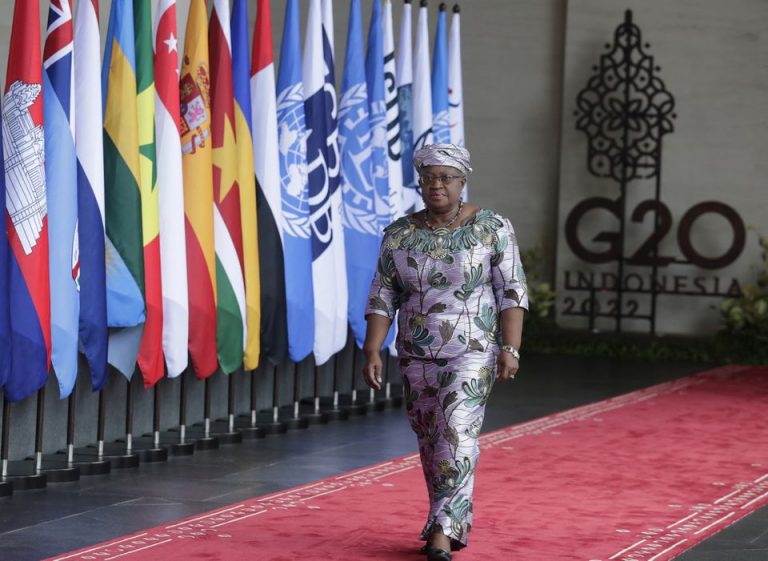




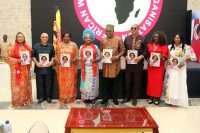
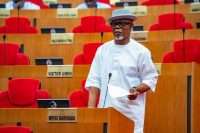

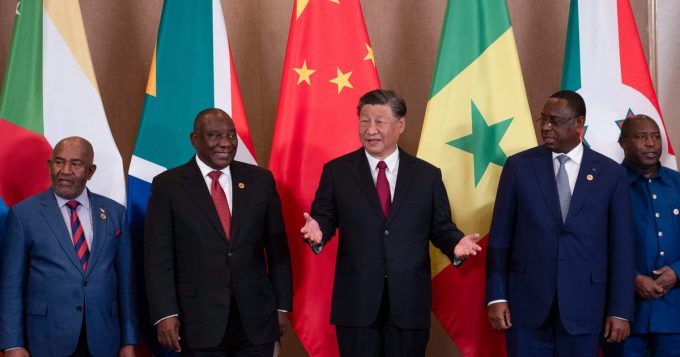
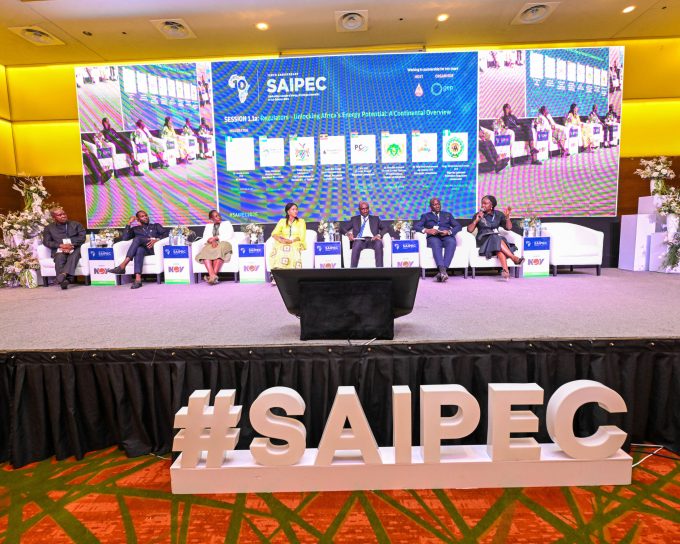
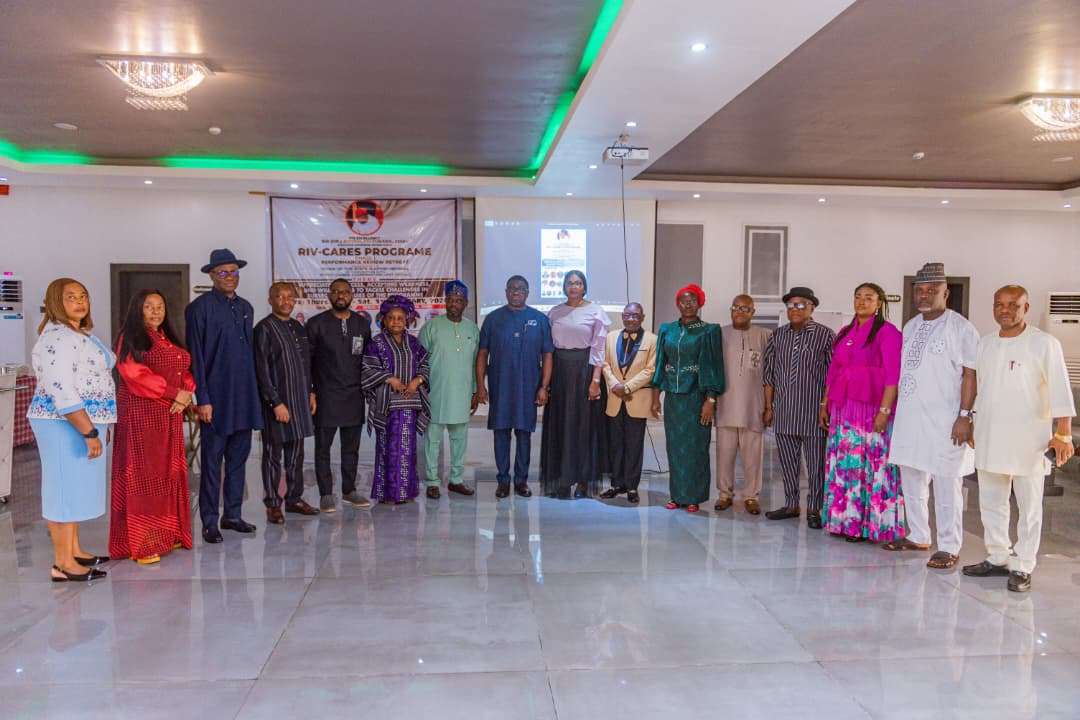
Leave a comment